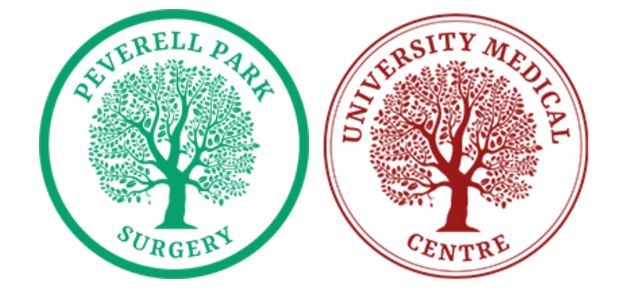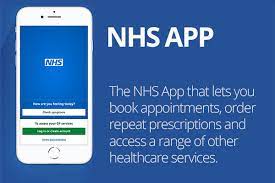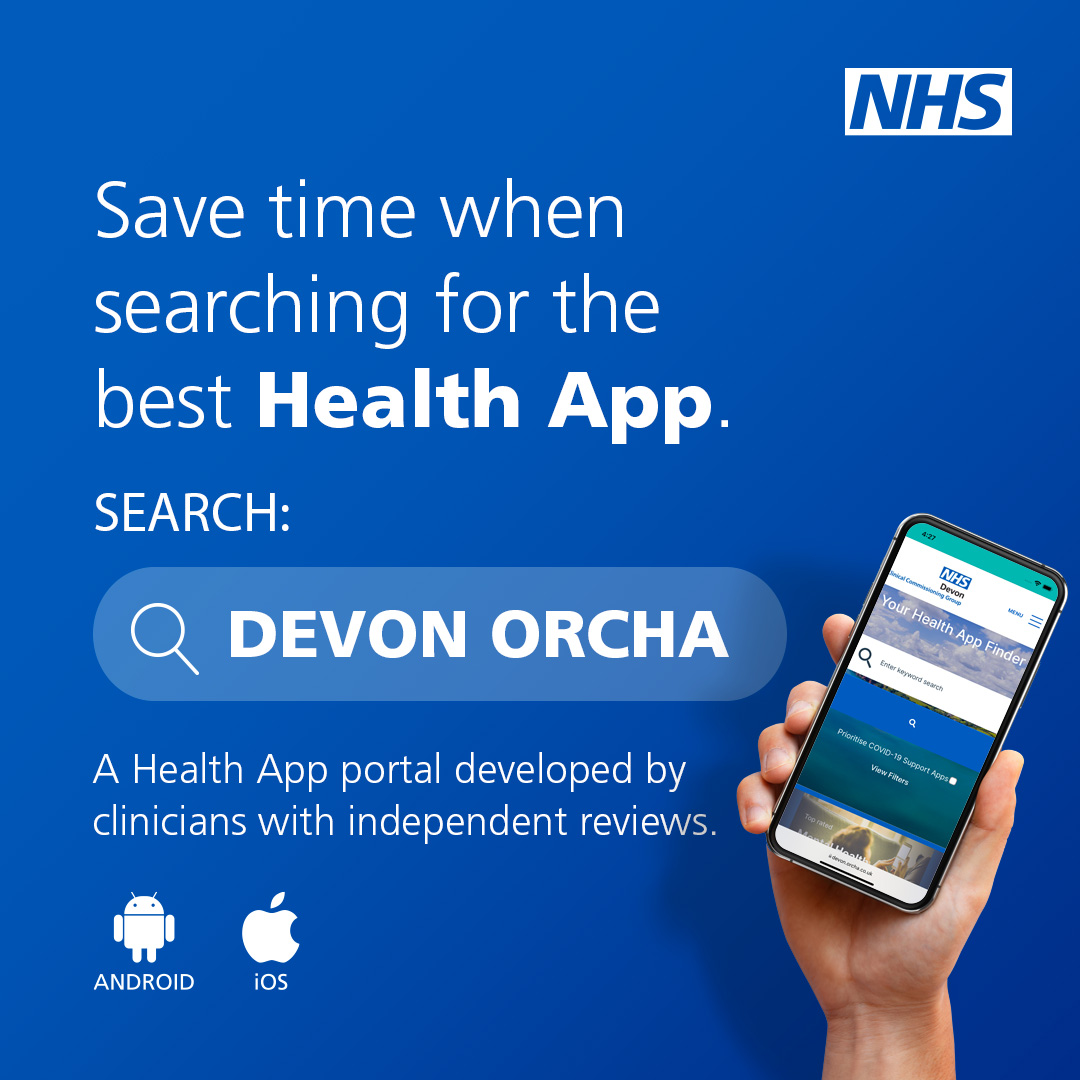Peverell Park Surgery & University Medical Centre
Peverell Park Surgery | 01752 766644
University Medical Centre | 01752 222341
Sorry, we're currently closed. Please call NHS 111

Record high patient numbers completing NHS treatment for common mental illness
A record 634,649 people completed the NHS Talking Therapy programme in 2020/21, up around 5% on the 606,192 in the year before as many people struggled with their mental health during the pandemic.
The data on NHS England’s Improving Access to Talking Therapies (IAPT) programme published today also show more than half of people completing a course of treatment for conditions including depression and anxiety, recovered from their condition.
There was a rise year on year in the recovery rate for black people getting NHS treatment, with the proportion of this group recovering from their condition exceeding the average rate, and for the first time meeting the NHS Long Term Plan target of half of people from black and black British backgrounds, recovering.
The number of adults in England experiencing some form of depression has doubled since the start of the pandemic.
Adults can refer themselves for talking therapies to help with common mental health problems like stress, anxiety and depression, delivered by NHS practitioners.
The NHS Digital figures show that in the last full year, 2020/21:
- 634,649 people completed a record number of 7.5 sessions on average, up from an average of 6.9 sessions the previous year
- 51.4% of people completing IAPT treatment for anxiety or depression recovered from their condition, up on the previous year
- 90% of people started treatment within six weeks, up 2.6% from the previous year
- recovery rates for black and black British people have, for the first time, exceeded the recovery rate target of 50% at 51.6%, up from 48.6% in 2019/20.
Claire Murdoch, NHS England’s National Mental Health Director, said: “The world-leading NHS Talking Therapy programme has helped a record high number of people struggling with their mental health during the pandemic.
“Despite the huge impact of the pandemic and the NHS treating half a million seriously ill people with COVID-19, the health service increased the number of talking therapy sessions available to people and is set to expand the programme even further.
“I know the last year and a half has had a huge impact on the nation’s mental health and our message to people is clear: the NHS is open and staff want you to come forward, so please seek help either by referring yourself to the NHS talking therapy programme online or by contacting your local GP, particularly if you were one of the many people who felt unable to do so as the pandemic hit”.
Paul Edwards, a talking therapies NHS patient, said: “I retired in 2016 after being been diagnosed with post-traumatic stress disorder (PTSD) in 2009. Feeling abandoned and without support, I found my local IAPT post-retirement and it not only saved my life, it gave me a life.
“Over 12 months of talking therapy, I had retuned my engine and been given tools for my toolbox to assist in recognising my triggers and illness. Fast forward to 2021, I still have those tools in my toolbox but certain events have triggered my PTSD. Knowing that IAPT had previously helped me and gave me life, I have returned to IAPT to help me through this current challenge.
“The pandemic has meant that I have to receive my therapy remotely but I have almost immediately been feeling better since I started my treatment and I know I am on my way to further recovery and enhancement of my life”.
The NHS Long Term Plan committed to expanding access to IAPT services for adults and older adults with common mental health problems, with an ambition to reach 1.9 million by 2023/24, with a focus on those with long-term conditions.
Along with other routine treatments, the pandemic inevitably disrupted services but figures today demonstrate the impressive achievement of these services during a challenging time, with people encouraged to come forward and get referred for care, particularly if they chose not to seek help because of COVID.
The NHS encourages adults with mental health issues to consider either being referred by their GP or via self-referral online. For more information, please visit the nhs.uk website.
Details of helplines for those with a condition escalating into crisis are also available on the nhs.uk website.
Peverell Park Surgery
- Monday
08:00am to 06:00pm
Phones open at 08:00 / Doors open at 08:30 - Tuesday
08:00am to 06:00pm
Phones open at 08:00 / Doors open at 08:30 - Wednesday
08:00am to 06:00pm
Phones open at 08:00 / Doors open at 08:30 - Thursday
08:00am to 06:00pm
Phones open at 08:00 / Doors open at 08:30 - Friday
08:00am to 06:00pm
Phones open at 08:00 / Doors open at 08:30 - Saturday
CLOSED - Sunday
CLOSED










